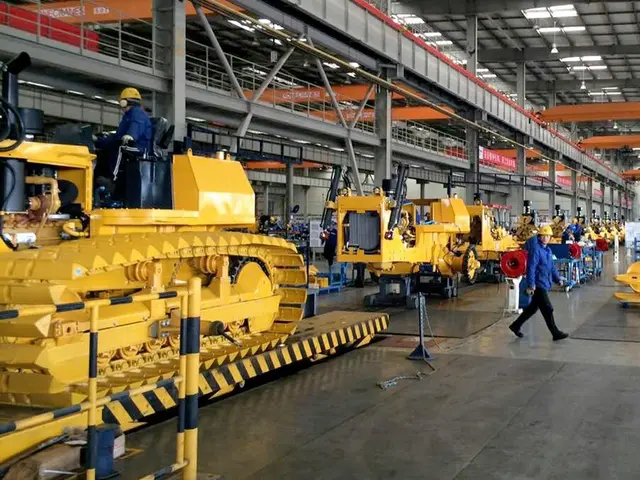By APD Writer Melo M. Acuña
Cabinet Secretary Karlo Alexie B. Nograles said China’s role in the global economic trade and international affairs has resulted into its growing part on the world stage.
Speaking at the Chamber of Mines of the Philippines annual conference, Secretary Nograles said President Rodrigo Duterte acknowledges and has seriously considered China in its independent foreign policy agency, hoping to establish a stable and mutually beneficial relations with Asia’s largest economy.
Citing President Duterte’s report after his annual State of the Nation Address last July 2019, he said the Philippine government has increased multi-level and multi-sectoral cooperation with the Chinese government. He said the revival of the 28th Philippines-China Joint Commission on Economic and Trade Cooperation after a five-year hiatus, resulted in the signing of the 2017-2022 Philippine-China Six-Year Development Program for Economic and Trade Development.
Secretary Nograles said historical roots are shared by the Philippines and China as ethnic Chinese from Canton, now Guandong, sailed around the Philippines for barter trade from the 9th Century onward, at first via “Champa” now known as Vietnam and later to Ma-I, now known as Mindoro in Luzon and Sulu in Mindanao. He said Manila was included in the China barter trade route that included Fujian, Timor and Malacca.
He added though Filipinos did not travel through the ancient Silk Road, the Philippines is now a participant in its 21st century iteration, the Belt and Road Initiative or BRI as the Philippines joined and became a full-member of the China-led Asian Infrastructure and Investment Bank (AIIB), the primary funding institution of China’s BRI.
According to the youngest member of President Duterte’s official family, the BRI will involve over US$1 trillion in investments, focused on infrastructure development including ports, roads, railways and airports along with power plants and telecommunications networks, He added the BRI covers over 70 countries or about 65% of the global population and around one-third of the world’s Gross Domestic Product.
“President Duterte secured more than US$12 billion worth of investments and trade deals as he witnessed the signing of 19 business agreements between Beijing and Manila in energy, infrastructure, food, telecommunications, sale of agricultural products, tourism and economic zone and industrial park development which are projected to generate over 21,000 jobs for our countrymen,” he said while referring to President Duterte’s attendance to the second BRI Forum last April.
He said among the industries out to benefit from the Maritime Silk Road is the Philippine minerals development industry where China is its biggest export market.
“Allow me to stress that the government continues to pursue responsible mining policies consistent with the directives of the President as the Duterte administration believes that the utilization of the country’s mineral resources should be done cognizant of the need to protect the environment and equitable distribute its benefits to all Filipinos,” he further explained. (Melo M. Acuña)
(ASIA PACIFIC DAILY)
 简体中文
简体中文

